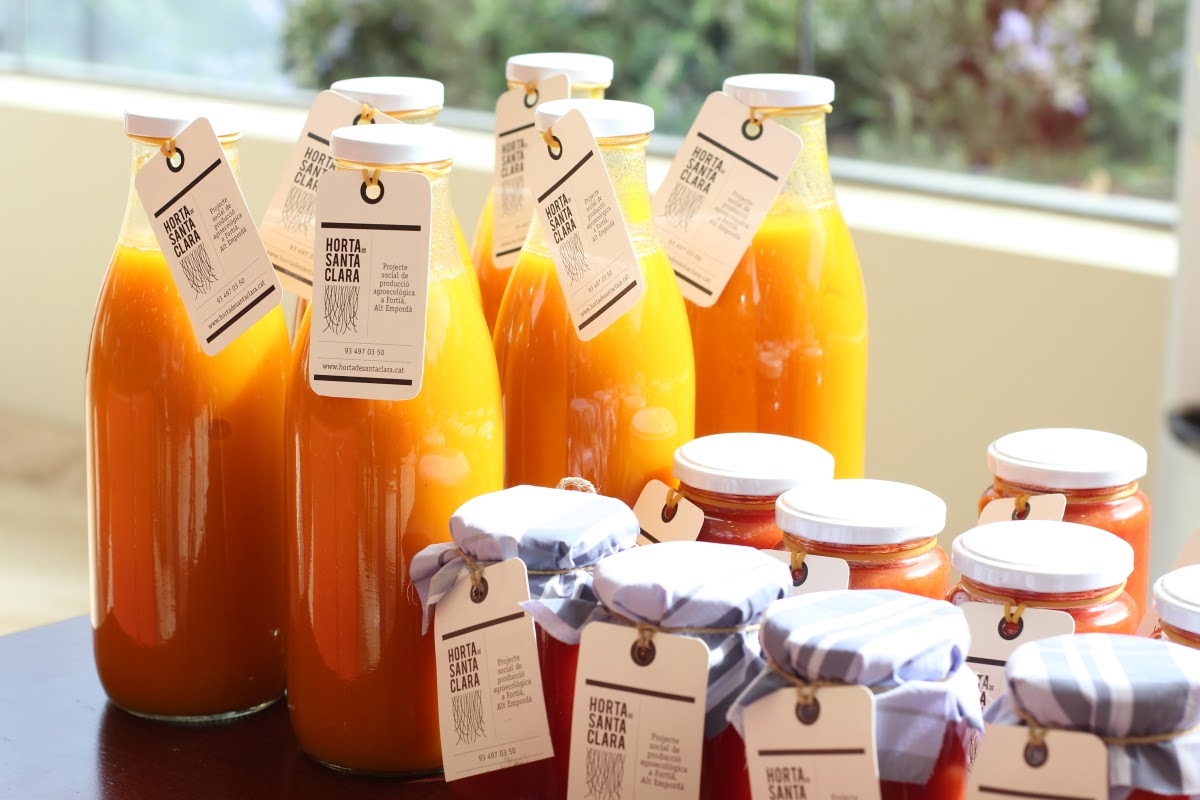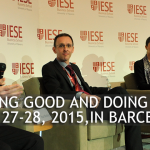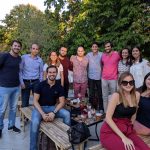“Mansol”. Even before I could pronounce the name correctly, I picked this social enterprise, among all three choices given by dear Professor Joan Jané, as the one I would love to work on, along with Ana Márquez and Bea Caretti.
The whole meaning of this social enterprise´s existence is to create more and better job opportunities for disabled people in Badalona. They’ve been trying everything to make it work: maintenance and gardening service, window gadget manufacture, farming and food production, even teeth models for dental clinics.
Operation management doesn’t really exist, income statements are in Catalan, production is managed with only one excel… wait, I think I’ve been here. It was October too, 7 years ago, I was in a team fighting for the improvement of living conditions of mental disabled group in Hangzhou, China. We tried and failed a lot of times, and finally figured out a way by taking advantage of CSR and for the first time, not mentioning philanthropy, but believing more in the power of business.
What I liked about social enterprises, among all kinds of definitions, is its nature of hybrid integrating the instincts of both non-profit and for-profit organizations: to intentionally solve a social problem by sustaining itself with a practical business mechanism. Some of them transformed from NGOs who realized the importance of sustainable financing, some of them were derived from responsible business division of group companies or from profitable division of foundations, while most of them come from an honest passion and belief upon change.
Yes I was quite comfortable with what I thought I knew, till I found the brutal truth: I didn’t really know anything. Panel sessions of Doing Good and Doing Well Conference 2016 taught me to focus on intention not expression, courses of Leading Organization reminded me not to sell the concept of “social” when marketing the these social enterprises but to regard themselves as common business: they need to be able to stand in the market with their core competitiveness on product or service, not with their social concept, remember? I felt a little bit embarrassed because I’ve gained so much from the project way before I actually brought anything to it. So I really appreciate Joan for bridging these resources, professors for taking our questions concerning finance, operation, organization and so forth, and also dear IESE for bringing pioneering visions to campus – to us.
“Let’s start from here, lose the past, change our minds, we don’t need a finish line.”
Hao ZHENG, MBA Class of 2017






